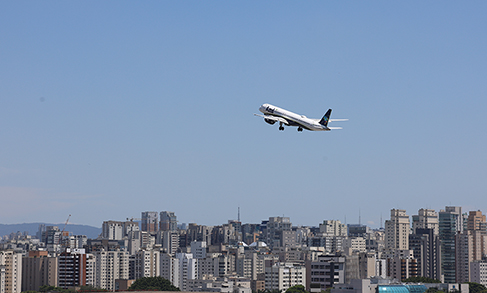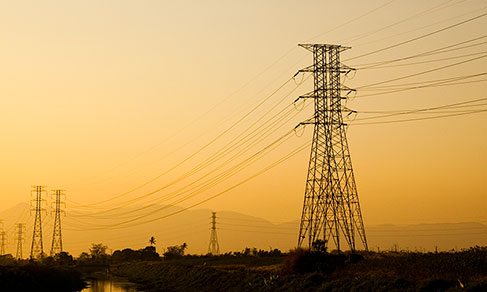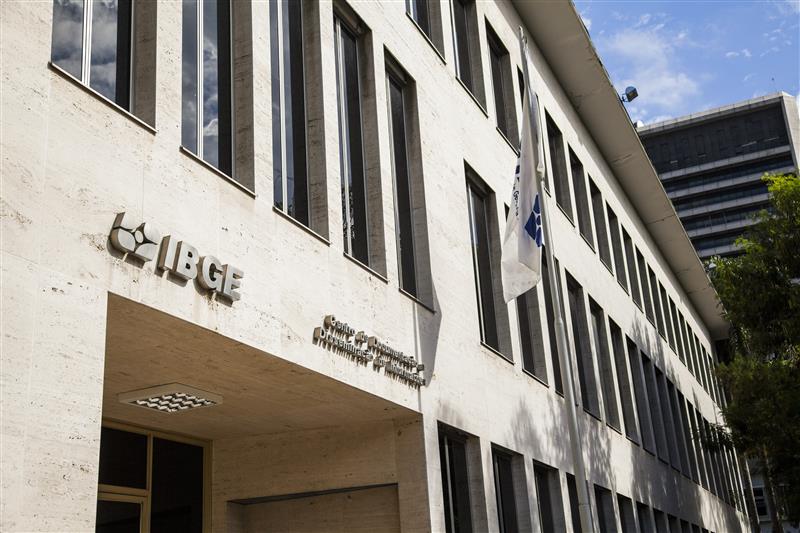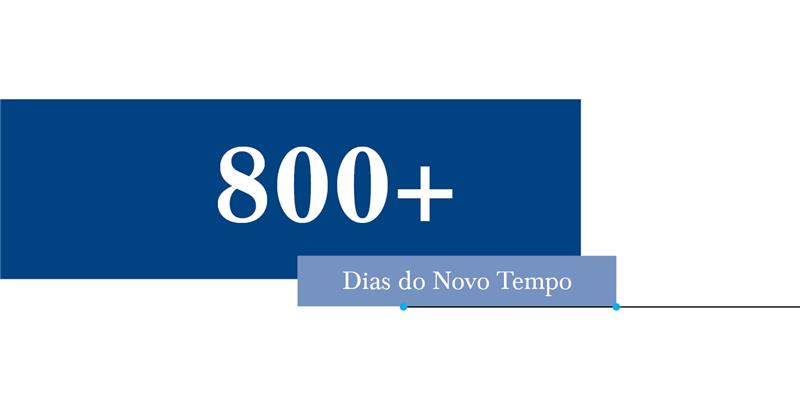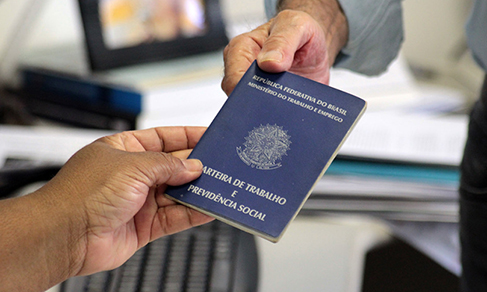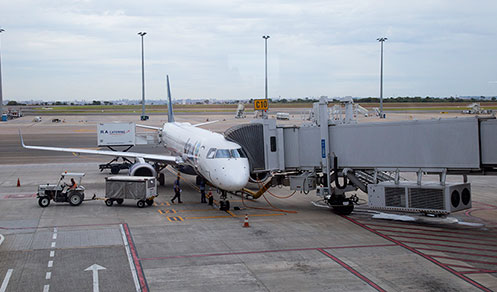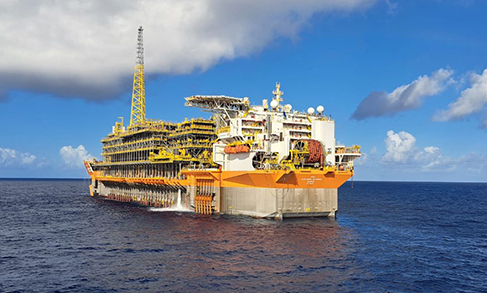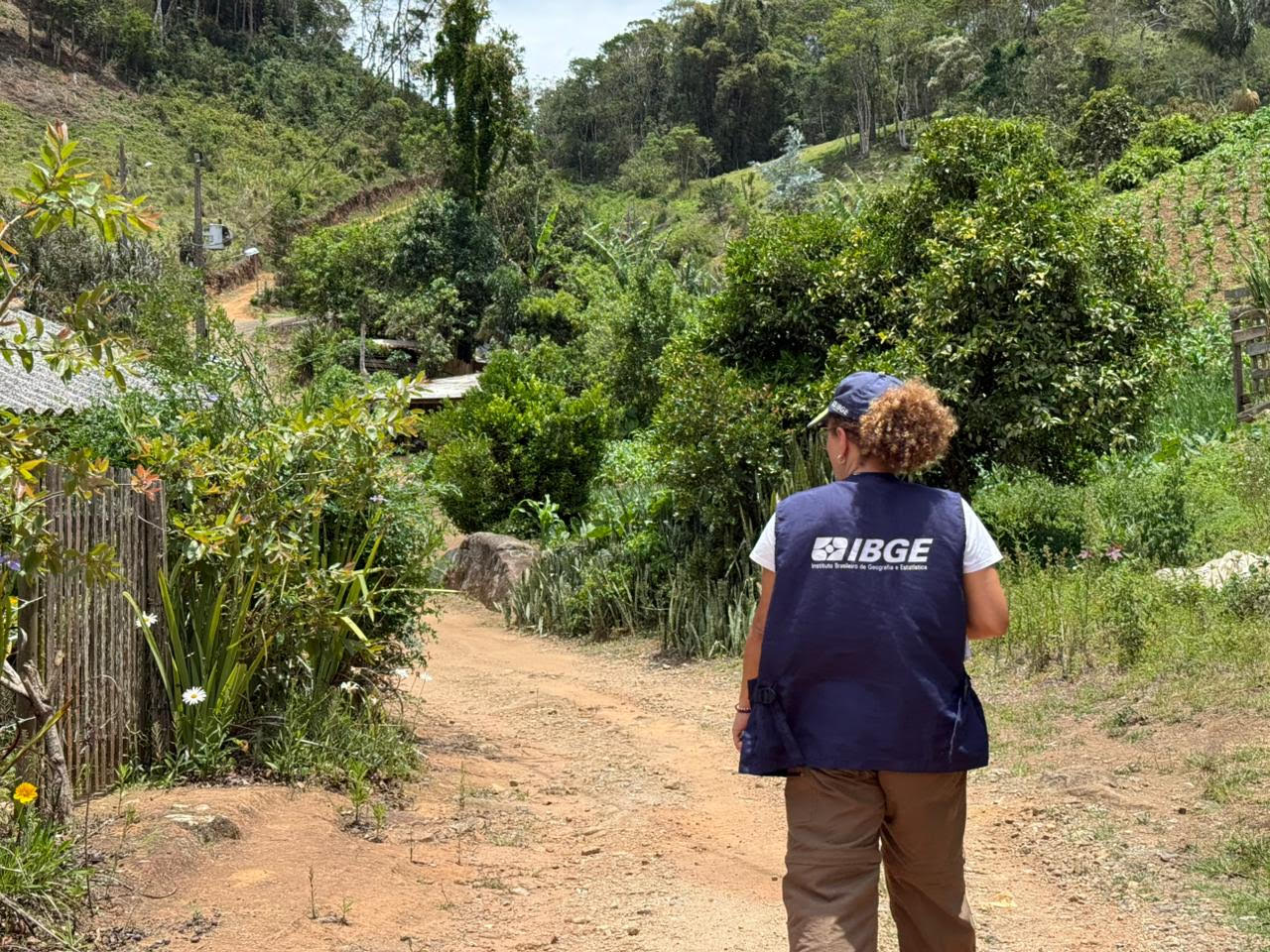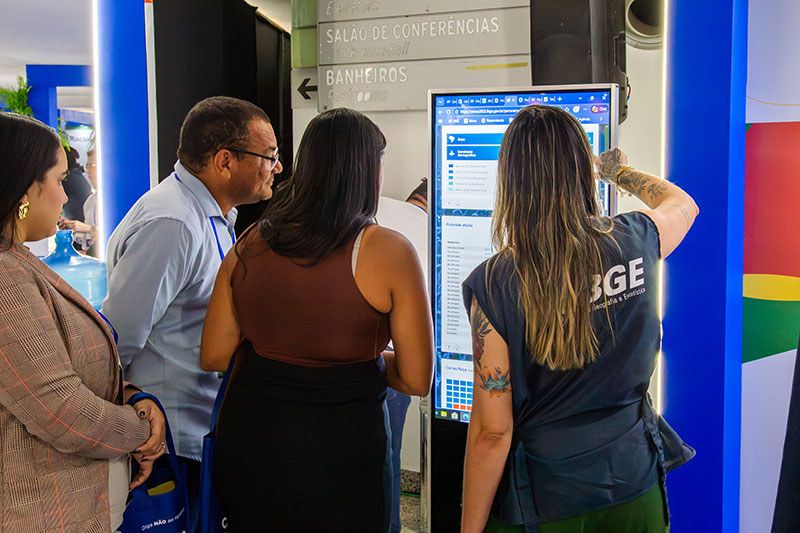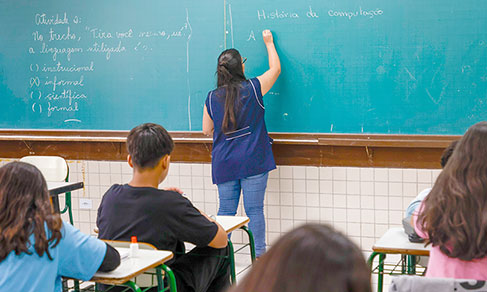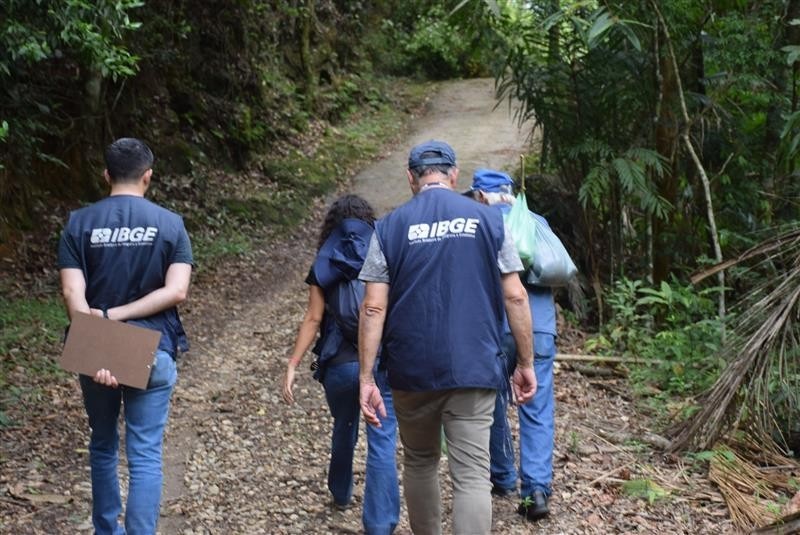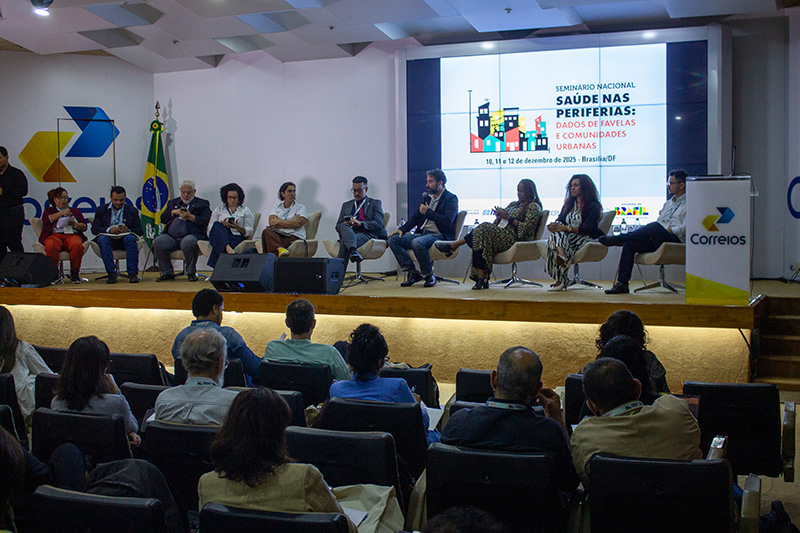IPCA
Inflation speeds up to 1.16% in September, highest for the month since 1994
October 08, 2021 09h00 AM | Last Updated: October 14, 2021 01h51 PM
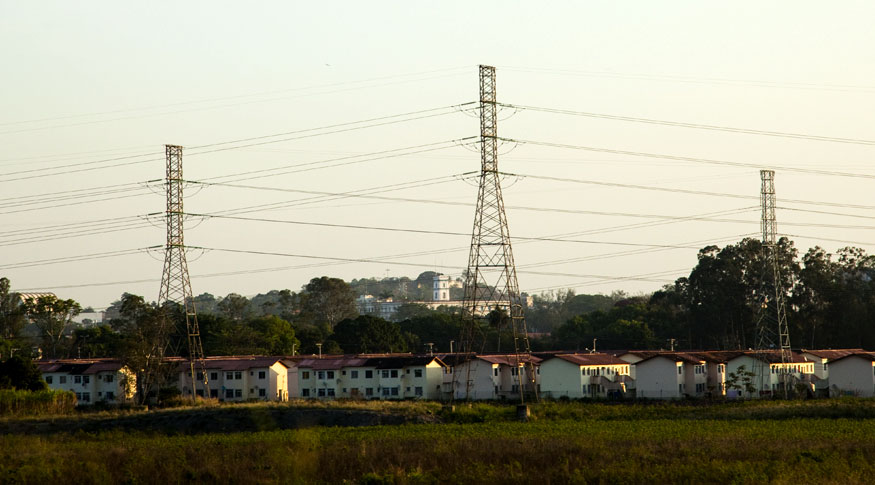
Inflation rose 1.16% in September, the highest for the month since 1994, when the index was 1.53%. As a result, the indicator accumulates highs of 6.90% in the year and 10.25% in the last 12 months, above the one registered in the 12 previous months (9.68%). In September last year, the monthly change was 0.64%. Data are from the Extended National Consumer Price Index (IPCA), released today (October 8) by the IBGE.
Eight of the nine groups of products and services surveyed increased in September, with a highlight to housing (2.56%) which was leveraged by the 6.47% increase in the electricity bill. In September, the “water scarcity” flag entered into effect, adding R$14.2 in the bills for each 100 kWh consumed. In the previous month, the red flag, level 2, entered into effect, with a smaller increase, R$9.49. Besides, there were tariff adjustments in Belém, Vitória and São Luís.
“This flag was activated because of the water crisis. The lack of rainfall has been prejudicial to the hydroelectric plants, which are the mains source of electricity in Brazil. As a result, it was necessary to activate the thermoelectric plants, which are more expensive. So electricity had by far the highest individual impact in the index of the month, with 0.31 percentage points, accumulating a 28.82% high in 12 months”, explains the IPCA manager, Mr Pedro Kislanov.
The prices of bottled gas (3.91%) also kept on increasing in September. “We have been seen a sequence of rises in LPG (liquefied petroleum gas) in the refineries by Petrobras. There are still the increase applied by the distributors. As a result, the price for the final consumer has increased month after month. It is the 16th increase now. In 12 months, the gas accrued increased of 34.67%”, says Mr. Kislanov.
The transportation group (1.82%) accelerated once again, due to fuels, which increased 2.43%, influenced by gasoline (2.32%) and ethanol (3.79%). In 12 months, gasoline has increased 39.60% and ethanol, 64.77%. Vehicle gas (0.68%) and diesel fuel (0.67%) also increased.
Airfare (28.19%) had the greatest high among the non-food items in the month, after a decrease of 10.69% in August, registering the third individual impact on the general index. The price of transportation by apps advanced 9.18% in September and had already risen (3.06%) in the previous month.
Food at home decelerates with drop in meat prices
Food and beverages (1.02%) had a slight deceleration compared to August (1.39%) due to the decline in meats (-0.21%), after seven consecutive months of highs, which ended up pushing food at home down (1.19%), compared to the result of 1.63% in the previous month. “This fall in meat may be related to the reduction in exports to China. At the beginning of the month, there were cases of mad cow disease in the Brazilian production. With the export suspension, the meat supply in the domestic market increased, which might have reduced the price”, explains the manager.
The prices of onions (-6.43%) and of French roll (-2,00) and rice (-0.97%) also decreased. "In the case of French rolls, there was reduction in the price of wheat on the international market, which may have impacted this result," said Mr. Kislanov.
On the other hand, the IPCA keeps recording significant highs in food at home. It is the case of fruits (5.39%), which contributed with 0.05 pp in the index of September, of ground coffee (5.50%), of whole chicken (4.50%) and of chicken pieces (4.42%). “Chicken is on the rise because of the high cost of animal feed. Electricity affects it as well. As it can replace meats, its price tends to grow according to the demand growth.
In September, the price of sweet potatoes (20.02%), of potatoes (6.33%), of tomatoes (5.69%) and of cheese (2.89%) increased too.
Food away decelerated, dropping from 0.76% in August to 0.59% in September. The main factor was the drop in snacks (-0.35), which had grown 1.33% in the previous month. Meals increased 0.94%, above the 0.57% figure seen in August. Besides, the prices of beer (1.32%), soft drinks and mineral water (1.41%) also rose in September.
The groups of housing, transportation and food and beverage contributed with nearly 86% of the result in September (1 pp of 1.16) The other groups stood between the drop of 0.01% of education and the rise of 0.90% of household articles.
The price rise occurred in all areas surveyed in September. Rio Branco (1.56%) recorded the biggest increase, due to rise of electricity (6.09%) and new cars (3.57%). On the other hand, the lowest result occurred in Brasília (0.79%) due to the drop in the prices of gasoline (-0.81%) and of car insurance (-3.36%).
INPC increases 1.20% in September
The National Consumer Price Index (INPC) had a high of 1.20% in September, also the highest result for the month since 1994. The cumulative index in the year stayed at 7.21% and, in 12 months, at 10.78%, above the 10.42 registered in the 12 previous months. In September 2020, the rate was 0.87%.
Food products increased 0.94% in September, standing below the change of August (1.29%) Non-food products rose 1.28%, whereas they had recorded 0.75% in August.
All areas recorded price rise in September The highest index was in the metropolitan area of Curitiba (1.65%), influenced by the rise in the prices of electricity (6.80%) and gasoline (4.91%). The lowest index was seen in the municipality of Goiânia (0.79%), where the impact of meat prices was significant (-1.65%).
More about the survey
The IPCA encompasses households with earnings between 1 and 40 minimum wages, whereas the INPC, households with earnings between 1 and 5 minimum wages, living in the metropolitan areas of Belém, Fortaleza, Recife, Salvador, Belo Horizonte, Vitória, Rio de Janeiro, São Paulo, Curitiba, Porto Alegre, as well as in the Federal District and in the municipalities of Goiânia, Campo Grande, Rio Branco, São Luís and Aracaju. Please access the data at Sidra.


